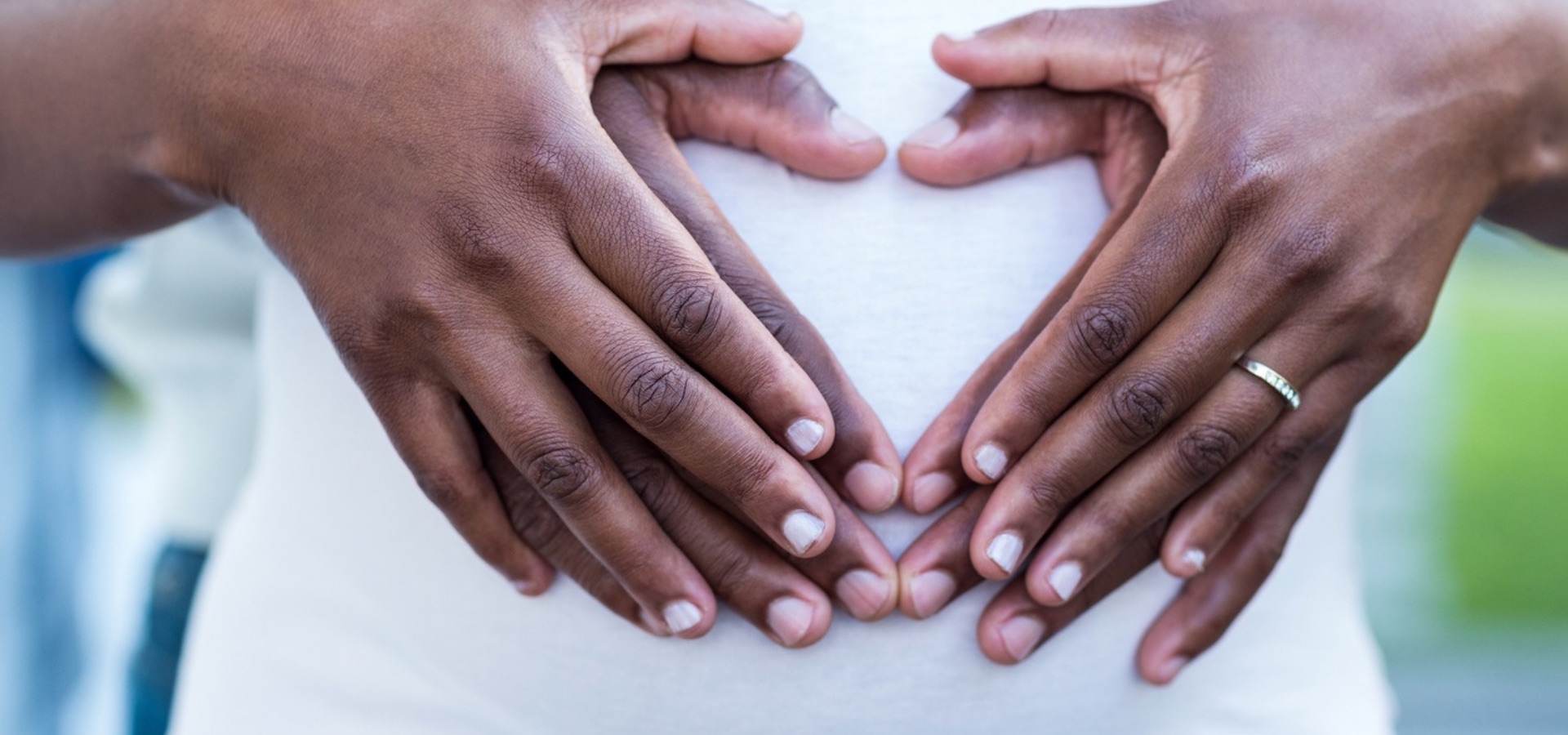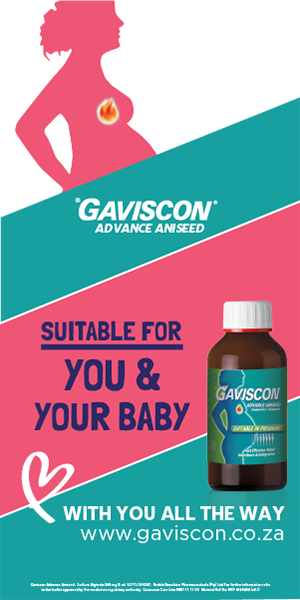If you are researching about the respective question, the chances are that either you, or someone close to you, may be facing this situation. Another possibility is that you might have just gotten pregnant, and wants to look into the side effects or changes that pregnancy might have on your body. While I do know that just the thought of it makes you extremely worried and stressed, I recommend that you sit down, drink a glass of water and listen to me carefully. Don’t panic! As it often happens, such sweeping statements on the internet are a cause of panic and stress for everyone. I will start from the beginning, so the first question that you might have is, do all pregnant women experience hearing loss? The answer is no. However, if you have an earache or you think that your ear is ringing you should get it checked even though it is common. The second question may be how can we tell if we are experiencing hearing loss in early stages? The answer is that various symptoms can serve as indicators of hearing loss. Ringing or pressure in the ear, ear pains, and abnormal secretions are symptoms that should be taken seriously. While it is not necessary that they may lead to loss of hearing, and it can be something as familiar as cold. It is better to be safe than sorry. Even if it is something very common you should consult the doctor before taking any prescribed medicine. The time of your pregnancy should revolve around the doctor, your Health & Safety. Here listed below is the answer to your third question, how can hearing loss during pregnancy be solved? One of the following solutions will surely help you out. 1. A Hearing Aid I know just reading the heading is sure to freak you out. However, you should calm down and listen to what I have to say. It is not necessary that you will have to get a hearing aid; it is a possibility. What may happen during pregnancy you may experience hearing loss in one ear or other to some extent. It can be gradual or sudden. What you need to do is make sure you are aware of the changes in your body and consult a doctor at the slightest inconvenience. A hearing aid is not something that you may need permanently; using a hearing aid is only for your benefit. While it may not be permanent, it can be very effective. Some women lose up to 70% of their hearing during their pregnancy, and only 50% can be regained with time. What you should know is that it does get better over time and a hearing aid makes the transition easier. Check out this website doctear for health and safety. Most people don’t need a hearing aid as there is only 10 to 15% loss of hearing and it does not affect their normal everyday functions. However, if you have had a previous condition with regard to your ear bones, you are more likely to have permanent damage and will have to use the device. 2. Ear drops For some people who detect their hearing loss at early stages, drops can be very effective. As soon as you feel a slight discomfort while listening, you should visit the doctor. If the damage is only due to pregnancy, then you have higher chances of just getting rid of it with ear drops. If it is due to a previously present condition that the pregnancy has aggravated, you might have to use other means as per your doctor’s advice. It is necessary that you use drops that have been prescribed to you rather than just getting one from the drug store. 3. Stapedectomy If you have been diagnosed with otosclerosis and it hasn’t yet affected you, the chances are that the pregnancy hormones can accelerate the procedure and lead to great discomfort. In this case, with the recommendation of your doctor, you should look into stapedectomy. For those who are not familiar with this disease, it is the irregular growth of your ear bones. Although it is an invasive procedure, it has a good recovery rate. During the process, the doctors take out the irregular outgrowth and replace it with a device that continues to vibrate normally and therefore does not affect your hearing. However, if you discover that you have this during your pregnancy, it is better to wait for the baby to arrive before you get it done. If you know about it beforehand, you can get it done when you start planning a family. 4. Take Enough Sleep There are different reasons behind hearing loss in pregnancy so your physician might suggest a few basic things, for example, first and foremost would be to take care of your sleeping patterns. If you experience problems with hearing, take complete bed rest and keep your head immobilized in two pillows. Other than that, take as many fluids as you can. Apart from all these things, avoid stress as much as you can. Stress can affect your life adversely especially in the time of pregnancy. Hence, it is something that MUST be avoided. 5. Steroid Injections Last but not least, steroid injections. Recent studies show that steroid injections are also a cure to hearing loss. However, it cannot be administered during your pregnancy, as it may be harmful to the baby. If your doctor recommends steroid injections, it is going to be after you have conceived. However, it alone cannot fix the whole problem; you might have to take some medication as well. You may have to use hearing aid for the transitionary period until you get your hearing back. In conclusion, every problem has a solution, and nothing should stop you from starting your family. As I told you before, while it is absolutely normal, it is not necessary that you might experience it at all. About The Author This article is written by Katherine





































